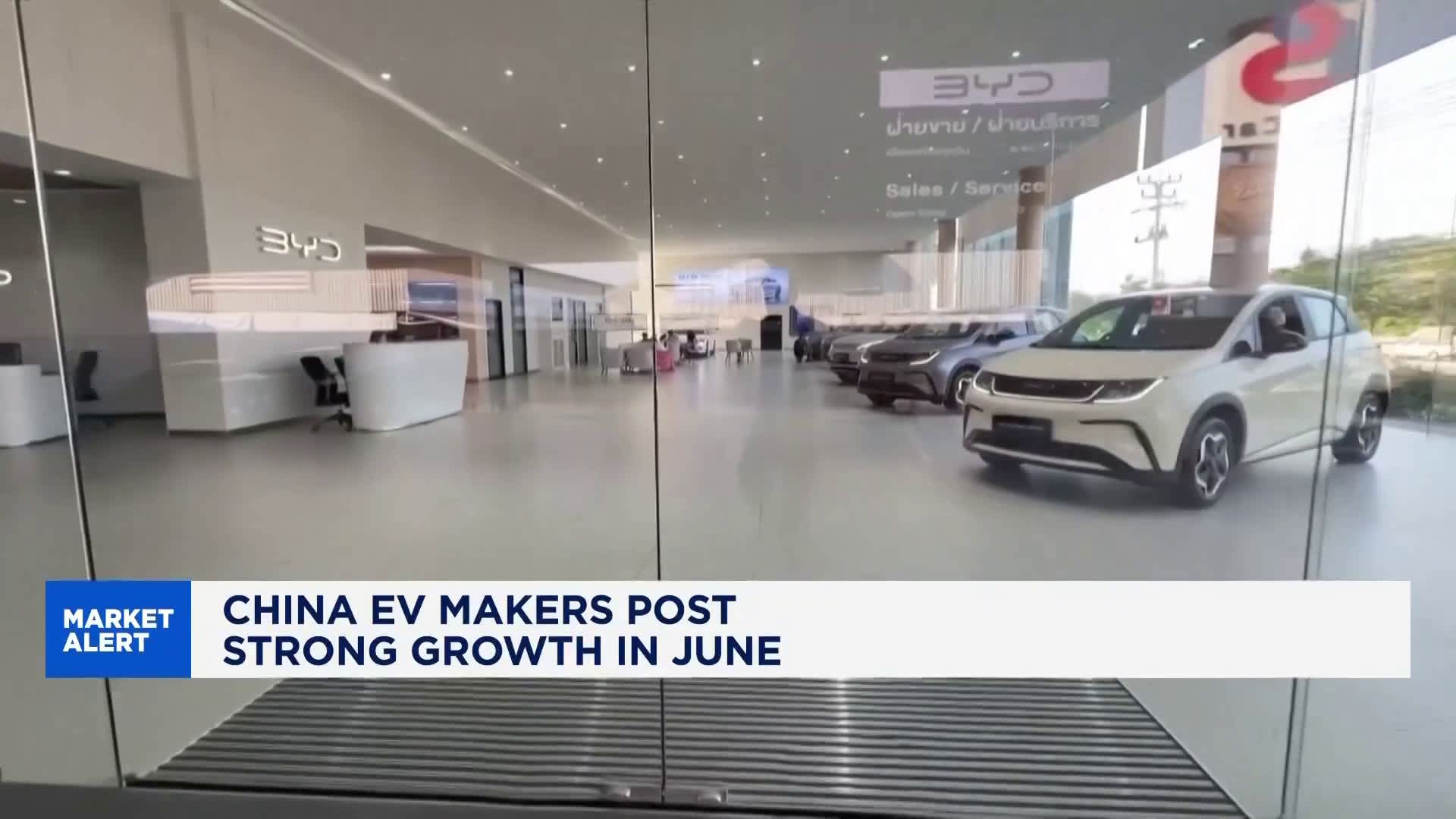The electric vehicle (EV) market in China is witnessing a surge in competition as local manufacturers ramp up their efforts to challenge Tesla’s dominance. This intensification comes amid a broader push towards sustainable transportation in the world’s largest auto market.
As of Monday, several Chinese automakers have announced new models and strategic partnerships aimed at capturing a larger share of the burgeoning EV sector. This competitive shift is occurring between 10:00 and 11:00 SIN/HK (0400 – 0500 CET), a time when market announcements often signal significant industry movements.
Emerging Players in the EV Arena
Among the key players stepping up their game is NIO, a prominent Chinese EV manufacturer, which recently unveiled its latest model featuring cutting-edge battery technology. Meanwhile, Xpeng Motors and BYD are also expanding their product lines with innovative offerings designed to appeal to environmentally conscious consumers.
According to industry analysts, these developments are part of a strategic effort by Chinese companies to leverage their home-field advantage in terms of production capabilities and government support. The Chinese government has been instrumental in fostering the growth of the EV sector through subsidies and favorable policies.
Tesla’s Response to the Growing Competition
Tesla, which has been a dominant force in the Chinese market since establishing its Gigafactory in Shanghai, is not sitting idle. The company has announced plans to introduce more affordable models to cater to a broader audience. Additionally, Tesla is enhancing its charging infrastructure across China to improve customer convenience and maintain its competitive edge.
“Tesla’s strategy involves not just expanding its product lineup but also investing heavily in local production and supply chain efficiencies,” said automotive analyst Li Zhang.
Historical Context and Market Dynamics
Historically, the Chinese auto market has been characterized by fierce competition and rapid technological advancements. The current scenario mirrors past trends where local manufacturers have quickly adapted to new technologies to challenge foreign incumbents. This dynamic has often led to a vibrant and innovative market landscape.
China’s commitment to reducing carbon emissions and promoting green energy has further accelerated the shift towards electric vehicles. With the government setting ambitious targets for EV adoption, the market is poised for exponential growth in the coming years.
Looking Ahead: Implications and Future Prospects
The intensifying competition in China’s EV market has significant implications for global automakers. As Chinese companies continue to innovate and expand, international players like Tesla must adapt to maintain their market positions. This could lead to increased collaborations, technological advancements, and potentially, more competitive pricing strategies.
For consumers, the heightened competition promises a wider range of choices and potentially lower prices as manufacturers vie for market share. As the landscape evolves, the global automotive industry will likely witness a ripple effect, influencing trends and strategies worldwide.
In conclusion, the escalating rivalry in China’s EV market underscores the dynamic nature of the automotive industry and the pivotal role China plays in shaping its future. As companies navigate this competitive terrain, the focus will remain on innovation, sustainability, and strategic adaptation.
